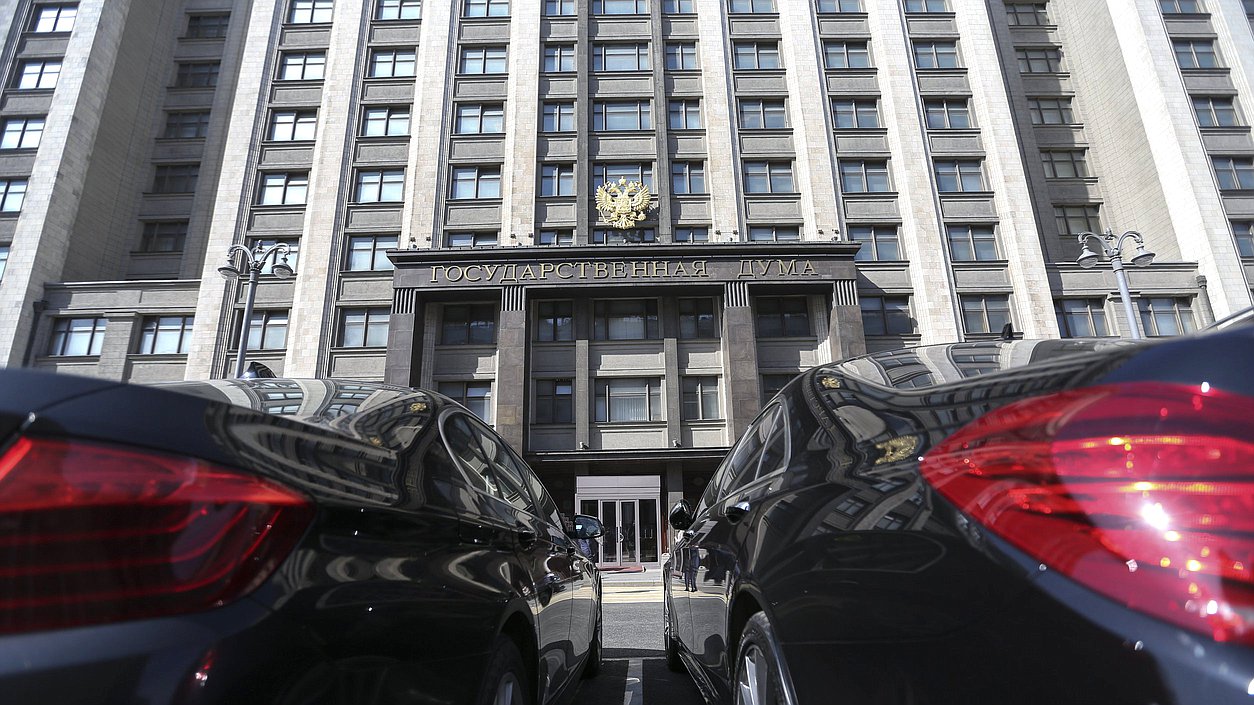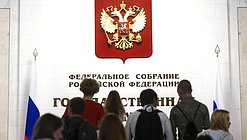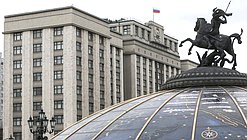
The State Duma and the Federation Council sit separately but can meet together to listen to the messages of the President and the Constitutional Court, speeches of the heads of foreign states. Meetings of the Federation Council and the State Duma are open.
Formation of the Federation Council
The Federation Council consists of two representatives from each region of the Russian Federation: from the executive and legislative bodies of the region. Since the composition of the Russian Federation changed due to the merge of the regions, at different times the number of members of the Federation Council changed accordingly.
In 1996–2002, the Federation Council consisted of the heads of the executive authorities and parliaments of the constituent entities of the Russian Federation. After the reform of 2000, they were replaced by representatives of these bodies delegated on a permanent basis to the Federation Council. The term of office of members of the Federation Council (senators) is the same as the term of office of the appointing (electing) bodies.
Powers of the Federation Council:
a) approves the change of borders between regions of the Russian Federation;
b) approves the decree of the President on the introduction of martial law and a state of emergency;
c) decides on the possibility of using the Armed Forces of the Russian Federation outside its territory;
d) appoints the election of the President and dismisses him (her) from office;
e) appoints judges of the Constitutional Court and the Supreme Court;
f) conducts consultations on candidates for the positions of Prosecutor General of the Russian Federation and Deputy Prosecutor General of the Russian Federation;
g) conducts consultations on candidates for the positions of heads of federal executive bodies (including federal ministers) responsible for defense, state security, internal affairs, justice, foreign affairs, emergency prevention and elimination of consequences of natural disasters, public safety;
h) appoints and dismisses the Chairman of the Accounts Chamber and half of its auditors.
Elections to the State Duma
See also
The State Duma consists of 450 members (deputies). A citizen of the Russian Federation who has reached the age of 21 and is eligible to participate in elections may be elected as a member of the State Duma. One person may not simultaneously be a deputy of the State Duma and a senator of the Federation Council. The term of office of the State Duma is 5 years. Deputies work in the Duma on an ongoing basis.
As of September 2018, 64 parties are registered in Russia. 14 parties participated in the elections to the State Duma of the 7th convocation in 2016.
Powers of the State Duma:
a) agrees on the appointment of the Chairman of the Government proposed by the President;
b) approves candidates for the positions of Deputy Prime Ministers and federal ministers;
c) decides on the question of confidence in the Government of the Russian Federation;
d) hears annual reports of the Government on the results of its activities, including on issues raised by the State Duma;
e) appoints and dismisses the Chairman of the Central Bank, the Deputy Chairman of the Accounts Chamber of the Russian Federation and half of its auditors, and the High-Commissioner for Human Rights
f) declares an amnesty;
g) makes charges against the President of the Russian Federation for his (her) removal from office.
Legislative process
Federal laws shall be adopted by the State Duma, approved by the Federation Council and signed by the President. The State Duma may overcome the Federation Council veto by re-adopting the law by two-thirds of the votes. The President’s veto can be overcome only if the law is re-adopted by both the Federation Council and the Duma by a 2/3 majority vote of the total number of members of both chambers.
A federal constitutional law is considered adopted if it is approved by a majority (at least three-quarters of the votes of the total number of senators and at least two-thirds of the votes of the total number of deputies). The adopted federal constitutional law is to be signed by the President and published within fourteen days.


